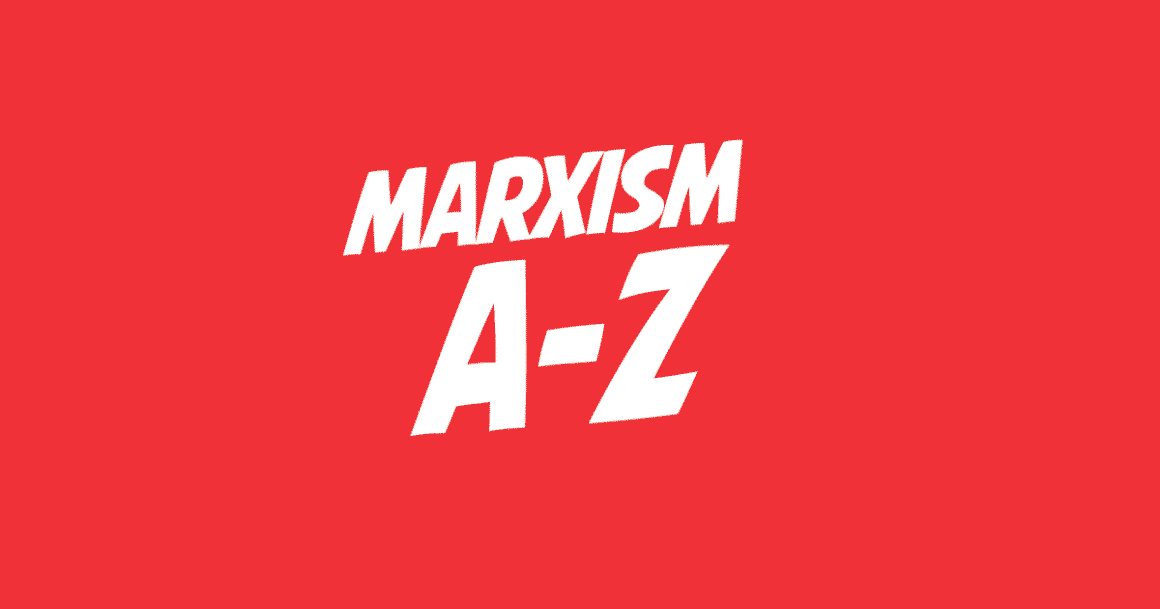

Socialism is a society in which the economy is socially owned, where the mass of the people, not a few ultra-rich millionaires, decide what is produced and how output is distributed, not on the basis of inheritance or birth or whether by a fluke you’re lucky enough to win the lottery, but according to what you need.
People give what they can and receive what they need.
But today the socialist vision of another world to replace the rat race of contemporary consumer capitalism seems like a ludicrous dream, a fanciful thought without any basis in the world today. Even many socialists today believe it is more important to get on with the real struggle for pay and conditions or against racism and war than worry about the final goal. But the struggle for another socialist world, is not an optional extra but the glue that binds the daily struggles together.
This is what makes scientific socialism different from just a belief in another, better world. Scientific socialists believe that the very development of capitalist society itself will impel the working class to rebel against it even if, as at present, such rebellion seems both isolated and weak.
The founders of scientific socialism were Karl Marx and Friedrich Engels. Marx and Engels were not the first to condemn capitalism for the poverty and inequality that it creates. Neither were they the first to fight for a society in which poverty and inequality would be eradicated. But they were the first to realise that capitalism itself would create the forces capable of overthrowing it.
Socialism would not be created, fully developed, separate from existing capitalist society. Instead, in historic terms, there would be a period during which capitalist society would be transformed into socialist society, a “transitional” period.
The struggle for a more just and genuinely human society, therefore, could not turn its back on the actually existing capitalist society. Just as a worker can only work with the tools and raw materials that are available, humanity in general could only create a new society with the “raw materials” provided by society’s past development.
What were these “raw materials”? At first sight there appeared to be two: the physical apparatus of production or, “means of production” – machinery, factories, railways etc – and the people who made up society.
Whoever was going to change society would themselves be a product of existing society. Tomorrow’s society would be built by today’s people using, initially, today’s technology.
Marx and Engels realised that societies do not develop as a result of clever plans or individual dedication. Adam Smith described capitalism after it had developed out of feudal society. The capitalist system did not develop because Adam Smith set out a vision of what it might be like.
A small number, the capitalists, owned and controlled the “means of production” while a vastly greater number, the working class, actually operated them. The workers had no real choice in the matter because their only means of survival was the wage they could earn from the capitalists. Marx called this third element the “relations of production”.
Even in Marx and Engels’ day, technical progress had made it possible to produce enough for everybody to have a decent standard of living. Poverty was a result of social relations, the unequal shares in the output, not the limitations of technology.
It was precisely the living conditions of the working class, coupled with its centrality within production, that would create the social force, the revolutionary working class, that could transform society into socialism.
The same social relations also meant that the capitalists had every reason to keep things as they were. And they had very effective means of preventing change. The whole organisation of society protected them. They had the best living conditions, the best education, each generation was trained to take over control and, in addition, the law protected their wealth and was backed up by the more physical means of defence: policemen, soldiers, prisons – in a word, the state.
Marx and Engels’ political strategy, therefore, had to begin from this understanding of society; the means of production for a better society already existed, the working class needed that better society but the capitalists, protected by the state, were determined to prevent any change. Administration would still be necessary but in an egalitarian society this would not involve the subordination of one part of the population by another, it would no longer be “political”. This would be “communist society”.